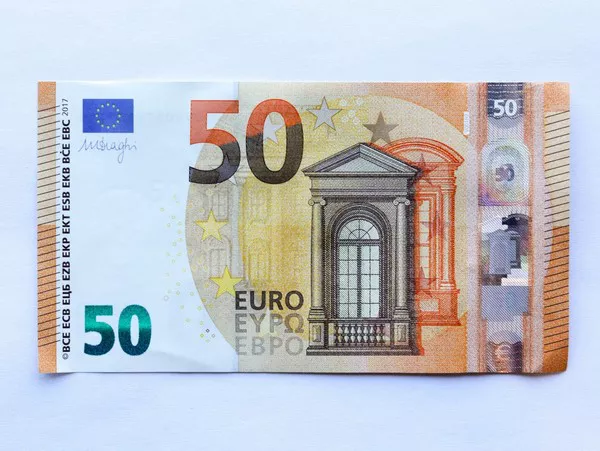The foreign exchange market is a dynamic and complex arena where currencies fluctuate based on a multitude of factors. Investors and traders are constantly seeking insights into the future movements of major currencies, including the Euro (EUR). In this article, we will delve into the key factors that may influence the trajectory of the Euro and explore whether it is poised to appreciate in the near future.
Economic Indicators:
One of the primary drivers of currency value is the economic performance of the associated region. For the Eurozone, economic indicators such as GDP growth, employment rates, and inflation play a pivotal role in determining the strength of the Euro. Positive economic data, such as robust GDP growth and decreasing unemployment, tends to support a stronger currency.
Investors closely monitor economic releases and reports from Eurozone countries, as they provide insights into the overall health of the region’s economy. Additionally, central bank statements and policies, particularly those of the European Central Bank (ECB), can significantly impact the Euro’s value. Changes in interest rates and monetary policies can influence investor sentiment, leading to fluctuations in the currency’s value.
Political Stability:
Political stability is another crucial factor affecting currency strength. A stable political environment fosters investor confidence, attracting foreign capital and supporting the currency. Conversely, political uncertainty or instability can lead to capital flight and a depreciation of the currency.
In recent years, the Eurozone has faced challenges related to political developments, including Brexit and disagreements among member states on fiscal policies. Ongoing efforts to strengthen political cohesion and resolve differences within the Eurozone could contribute to the Euro’s stability and potential appreciation.
Trade Balance:
The trade balance, which represents the difference between a country’s exports and imports, is a significant determinant of currency value. A trade surplus, where exports exceed imports, generally contributes to a stronger currency. Conversely, a trade deficit may lead to currency depreciation.
The Eurozone’s trade balance is influenced by various factors, including global demand for its exports, the competitiveness of its industries, and exchange rates. A positive trade balance can bolster the Euro, while a widening trade deficit may exert downward pressure.
Global Economic Conditions:
The global economic environment plays a crucial role in shaping currency trends. Factors such as the economic performance of major trading partners, geopolitical events, and global market sentiment can impact the Euro’s value.
In times of global economic uncertainty, investors often seek refuge in safe-haven currencies, such as the US Dollar and the Swiss Franc, potentially leading to a weaker Euro. Conversely, a positive global economic outlook may benefit riskier assets, including the Euro.
Market Sentiment and Speculation:
Market sentiment and speculative activities can have a significant short-term impact on currency movements. Traders and investors closely monitor news, economic reports, and geopolitical events to gauge market sentiment and make informed decisions.
Fluctuations in market sentiment can lead to rapid and unpredictable currency movements. Traders who anticipate future developments or react quickly to changing conditions may contribute to short-term volatility in the Euro’s value.
See Also What Is The Euro Prediction? A Comprehensive Look
Conclusion:
Predicting the future movements of any currency, including the Euro, involves navigating a complex interplay of economic, political, and global factors. While analyzing historical trends and current indicators can provide valuable insights, it’s essential to recognize the inherent uncertainties in the foreign exchange market.
Investors and traders must stay informed about economic releases, central bank policies, and geopolitical developments to make informed decisions. Additionally, maintaining a diversified portfolio and employing risk management strategies can help mitigate the impact of currency fluctuations on investment portfolios.
In conclusion, the trajectory of the Euro will be shaped by a combination of economic fundamentals, political stability, trade dynamics, global economic conditions, and market sentiment. While there are indicators pointing towards potential appreciation, it is crucial for stakeholders to remain vigilant and adaptable in the ever-changing landscape of the foreign exchange market.


